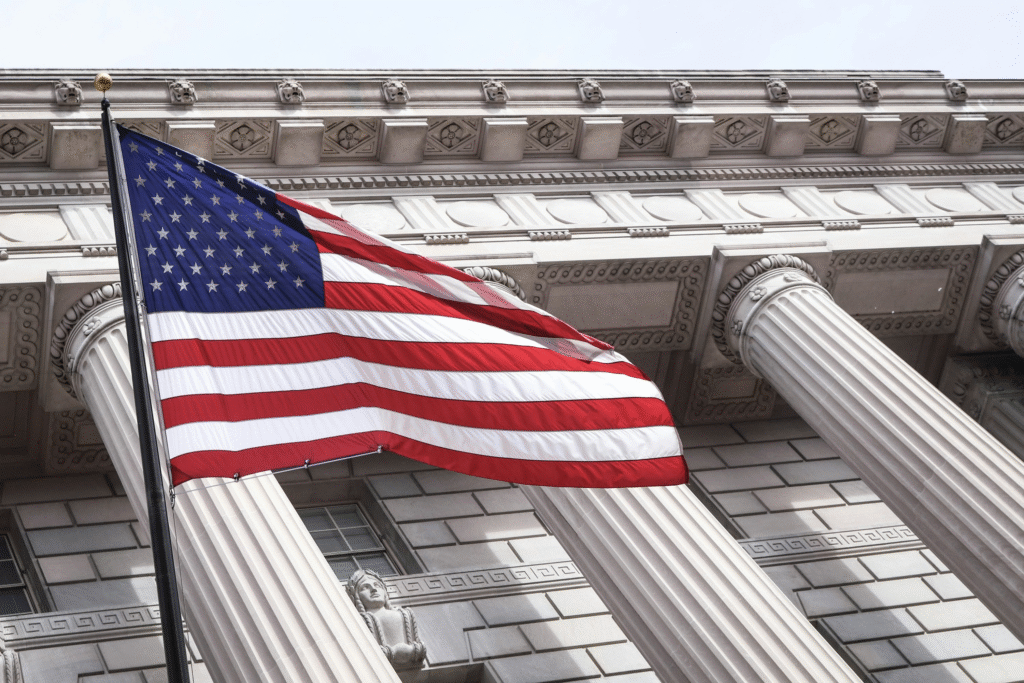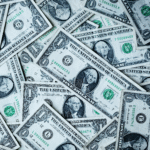China and the United States are once again facing tension, this time over something that sounds small but is actually very important — rare earths. These are special minerals used in making things like smartphones, electric cars, and even fighter jets. On Thursday, China strongly blamed the U.S. for creating panic around its new export controls on rare earths. According to China, the U.S. has been “deliberately stirring up unnecessary misunderstanding and panic.”
At a press meeting in Beijing, He Yongqian, a spokesperson for China’s commerce ministry, said that the U.S. had wrongly represented China’s new rules. She stated, “The U.S.’ interpretation seriously distorts and exaggerates China’s rare earth export control measures, deliberately stirring up unnecessary misunderstanding and panic.” This statement came after several American officials criticized China for trying to gain too much control over global supply chains.
China also strongly rejected the comments made by U.S. Treasury Secretary Scott Bessent, who had reportedly made “grossly distorted” remarks about one of China’s top trade negotiators. The Chinese government said his words were unfair and far from the truth. In response to calls from the White House to loosen its export restrictions, China firmly said that it would not back down.
Meanwhile, the main newspaper of the Chinese Communist Party also stepped into the discussion. It published a seven-point statement that challenged the American view of the issue. The newspaper argued that the U.S. was trying to pressure China by threatening to impose a 100% tariff on Chinese goods. The message from Beijing was clear: China will not be intimidated or forced to remove its new export measures.

This argument between the world’s two largest economies has come at a sensitive time. Investors around the world are relieved that both countries have not yet returned to the kind of intense trade fights seen earlier this year. In March and April, talks had nearly broken down after both sides threatened each other with large tariffs. However, the current situation still feels fragile. Experts say that even small disagreements could easily disturb the calm before an important meeting between U.S. President Donald Trump and Chinese President Xi Jinping, scheduled to take place later this month in South Korea.
The meeting between the two leaders is seen as a key moment for both countries. Many hope it could help bring stability back to the global market, which has been shaken by months of trade tensions. But the growing argument over rare earths could make things harder. Each side seems to be standing firm, unwilling to make the first move toward compromise.
China has tried to explain that its export controls are not meant to harm other countries. According to He Yongqian, the rules only aim to ensure that rare earth materials are used for peaceful and legal purposes. “Provided the export licence applications are compliant and intended for civilian use, they will be approved,” she said. This means that as long as companies use these materials for non-military purposes and follow all the proper procedures, China will allow exports.
Still, many countries and industries remain nervous. Rare earths are vital for manufacturing high-tech products. China is the world’s biggest producer of these minerals, so any restrictions on their export could affect global supply chains. Some experts fear that this move might make it harder and more expensive for companies in other countries to produce electronic goods.
The U.S. government has accused China of using its dominance in rare earth production as a weapon. American officials claim that Beijing’s actions are an attempt to strengthen its grip on the global market, especially at a time when Washington and Beijing are already arguing about trade tariffs and technology controls. The U.S. says these restrictions could give China unfair power over industries that depend on rare earth materials.
In response, China has firmly denied these accusations. Officials in Beijing say that their export rules follow “international practices.” They believe that every country has the right to manage its own natural resources in a way that protects its national security and ensures fair trade. From China’s point of view, the U.S. is the one turning a simple trade policy into a global issue.
Beijing’s new export controls are broader than before. They cover a wide range of rare earth materials that are essential in modern technology. This expansion has led some trade experts to wonder if China will now require companies all over the world to apply for licenses if their products contain even a small amount of Chinese rare earths. For instance, a smartphone built in another country but using materials from China might need special approval before being exported elsewhere.
This uncertainty has made many countries worried. Governments and companies are unsure how to respond. Some are now trying to find other sources of rare earths, though that is difficult since China produces about 70% of the world’s supply. Finding new suppliers could take years and cost billions of dollars.
While the U.S. continues to criticize China’s move, experts believe that both countries are using trade rules as tools in their larger competition for global influence. For the U.S., challenging China’s export policies is a way to protect its industries and limit China’s growing control over the technology market. For China, standing firm on its rules is a way to show that it will not be pushed around by outside pressure.
As the date of the Trump-Xi meeting gets closer, all eyes are on how this issue will unfold. Will both leaders find a way to reduce tension and avoid further trade troubles? Or will the rare earth dispute create another roadblock in their already complex relationship?
The world waits for answers, as these two superpowers continue to shape the future of international trade. One thing is clear — the argument over rare earths is not just about minerals. It’s about power, trust, and who gets to control the materials that fuel modern technology.
In the end, the Chinese government insists that its actions are fair and based on legal grounds. “Provided the export licence applications are compliant and intended for civilian use, they will be approved,” He Yongqian repeated, emphasizing that there is no reason for global panic. But with so much mistrust between the U.S. and China, even simple policy changes can cause big waves.


